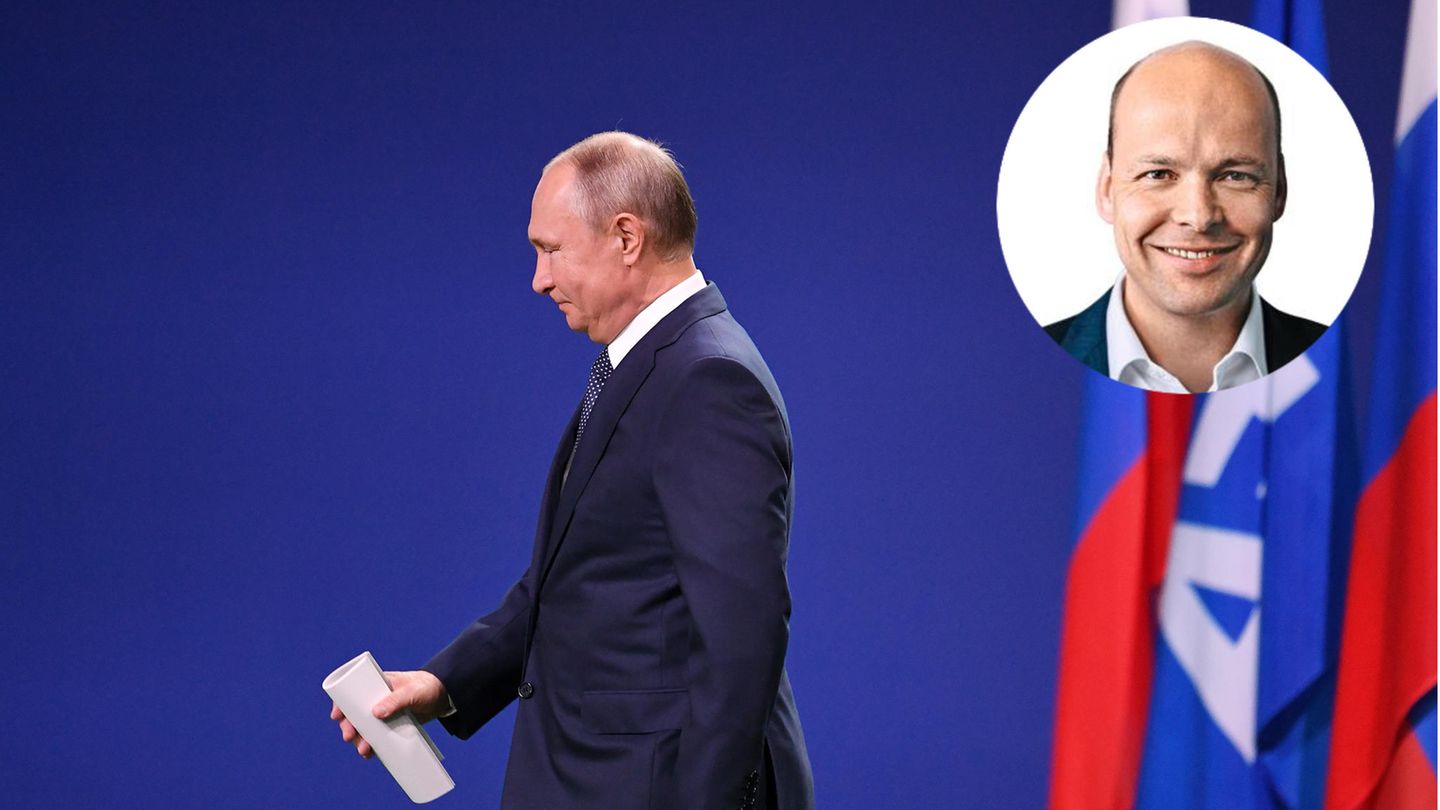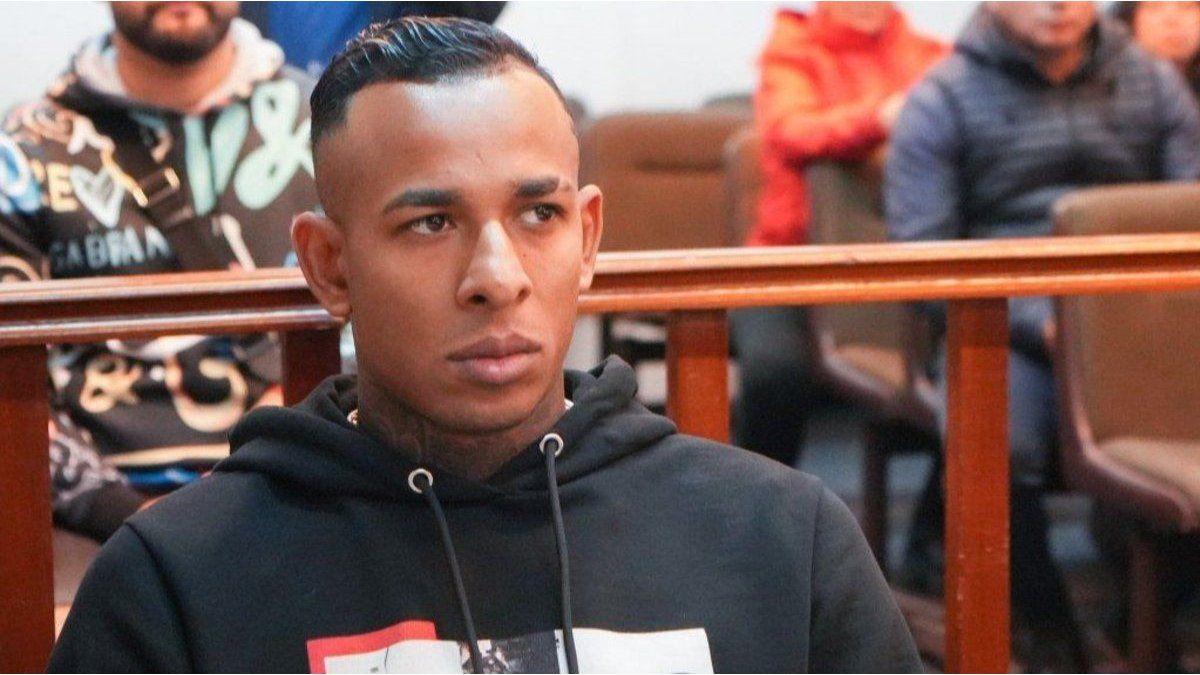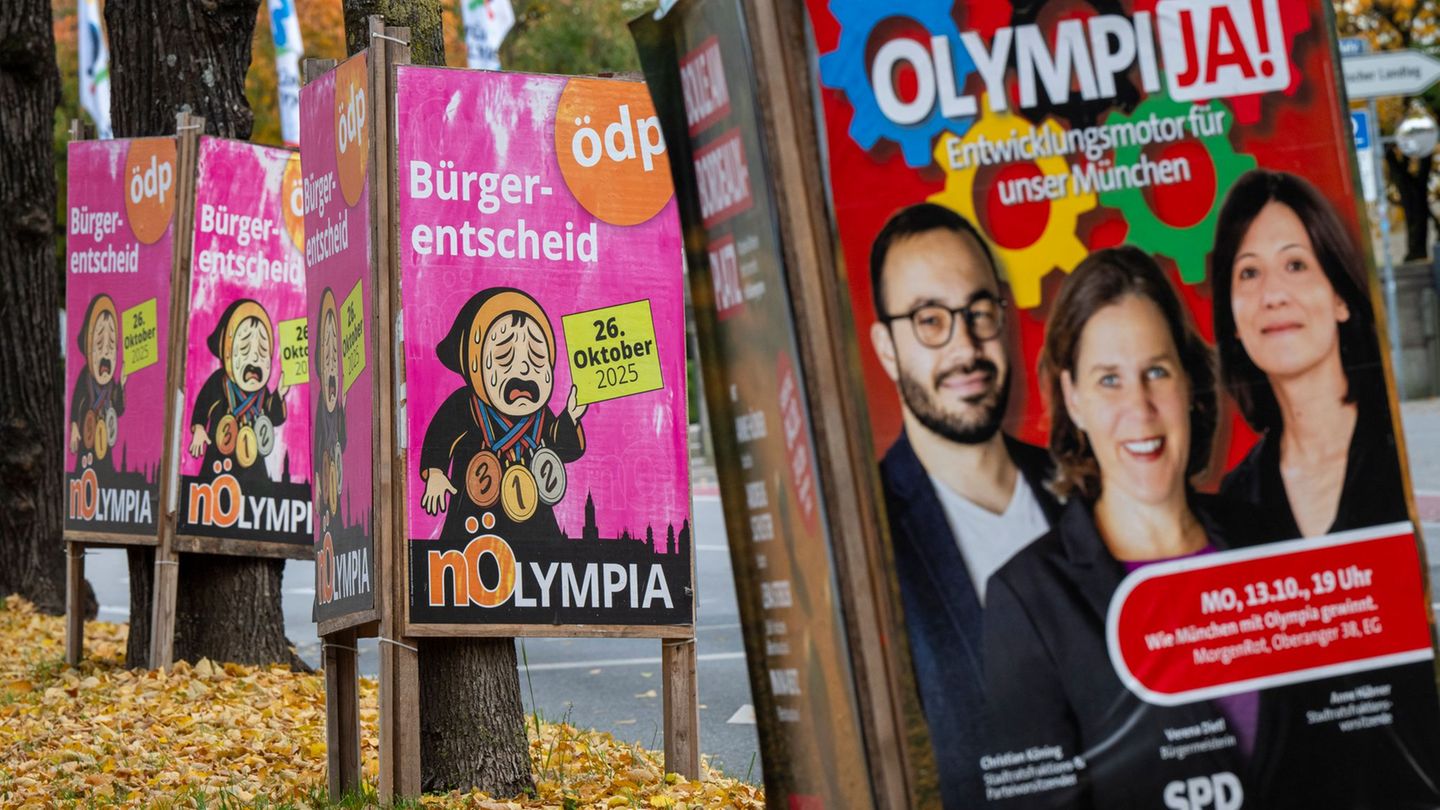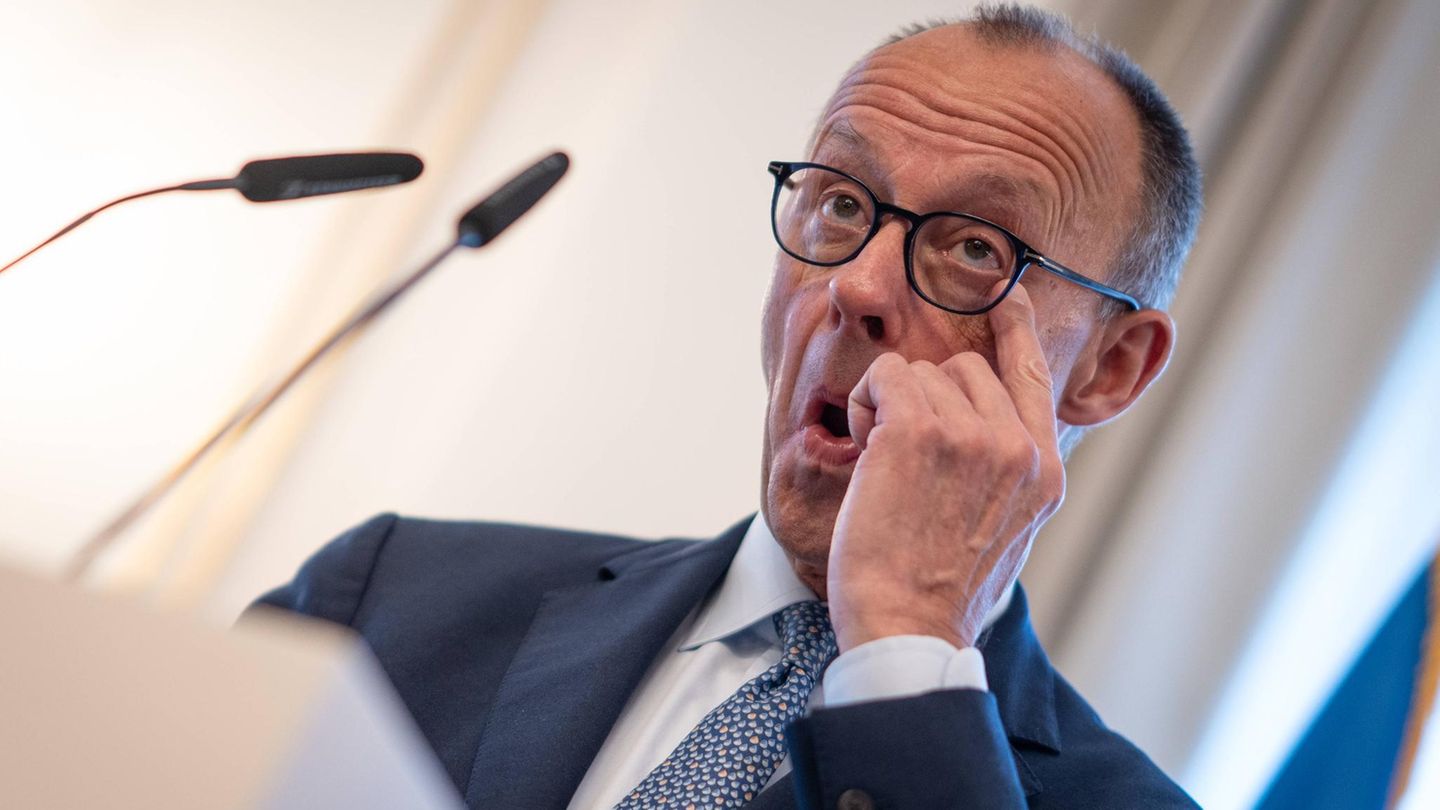I learned Russian in 1987 and later studied Slavic Studies because Russia was changing, because the world was growing together. This idea had cracks for a long time. Now she is broken.
Russia will open, Russia will change! To this day I still hear the words of my aunts and uncles, mostly wise people with wise advice, in my childhood when I was considering choosing Russian or Latin in 1987. There is a man, they said, who will change everything: Mikhail Gorbachev. So I chose Russian (also because I didn’t feel like Latin), like about a third of the students in our high school in Hamburg, which is the sister city of Saint Petersburg. We sang Russian songs and learned poetry before we knew a Cyrillic letter. From then on, the alphabet became the secret code of us “Russians”.
My decision led to a voyage of discovery, it was the beginning of a fascination and love for this country, its people, literature and history, which varied in intensity but was never interrupted. Until February 24, 2022. The attack hits Ukraine. But Russia was also swept away by Vladimir Putin.
“There are many opportunities in Russia”
Learning Russian changed the presence of Russia in our family because guests and exchange students kept coming over the years. I loved the language, which is complicated and logical, once I even won a language competition, the “Hamburg Russian Olympiad”. In the evenings we ate with visiting Russian students.
In the summer of 1993 I went on a bike tour through the Kaliningrad region. When we rested under a tree, farmers would come and give us fruit and tea. We secretly filled our bike bottles with vodka, bought Bond Street cigarettes. I bought Cyrillic-lettered Beatles records at street markets. “I want to be a Moscow correspondent,” I said to my mother at one point. I wanted to study Slavic studies. “A good choice,” wise aunts and uncles told me. “There are many opportunities in Russia.”
So I chose Slavic Studies in Heidelberg, discovered Russian literature, the melancholy in it, the rudeness, the suffering, the pride, devoured Turgenev and Lermontov, failed at Dostoevsky. During the summer holidays I took language courses, lived in dormitories on the Neva, drank beer and vodka with Erasmus students, lay on lawns in parks and stared at the sky of Saint Petersburg’s “White Nights”. We hit the bars, went to Internet cafes that were opening everywhere, read Novaya Gazeta and all the new magazines that came out.
Putin hollowed out society
In 1999 I was studying in Saint Petersburg and witnessed the dying days of the ailing Boris Yeltsin. I never had any illusions about what happened in Russia in the 1990s. I saw the poverty, the suffering and the capacity to suffer, the inequality, the robberies of the oligarchs. Advertisements ran on television in which the government begged citizens to pay their taxes. In 1998 an economic crisis broke out in Russia, the ruble plummeted and Russia was basically insolvent. The International Monetary Fund had to step in.
That winter, the Saint Petersburg State University had hardly any money for the heating, we sat in down jackets in the lecture halls. People grew vegetables on their balconies. My professors earned less than I had as a student. The people weren’t doing well, but one thing never stopped: their hospitality. I was constantly being invited somewhere and the tables were full with the best that one could afford.
When NATO intervened in Kosovo in 1999, the mood changed, including in many discussions. I remember fellow students arguing excitedly with their professors, Yeltsin fuming about “the mistake.”
And so began the rise of a man who proclaimed a “dictatorship of law” and ended the chaos. Determined at first, then increasingly brutal, but prosperity increased, including in the middle class. I’ve often said that Putin is the right man for a time like this. What I only saw later: how he hollowed out society, how the Russia that had just begun to live was dying. What I had no idea: that one day he would become one of the most dangerous men in the world, bringing war back to Europe.
The fear of Russia is back
Has the West missed something? Were we too arrogant, did we have to pose as the winners of history? What is the truth about the “humiliations” of Russia? There is something to it, but nothing that justifies a war. It would also be wrong, says Eastern Europe historian Karl Schlögel, to adopt the narrative of the “offended story”. Putin follows the logic of an empire that rejects the right of peoples to self-determination. And now we see that Ukrainians are fighting for their lives so as not to have to live the way people live in Putin’s Russia.
The dream of working in Moscow never came true, but at some point I didn’t want to live the dream anymore. Russia became alien to me, not the people, but the regime, which re-established a kleptocracy ruling under mafia law.
What I had never had in my life was this fear of Russia, which is now brewing again. I only know open doors, conversations with tea and then vodka, which I often secretly dumped under the table or over my shoulder. When I said I was from Germany, faces brightened, hands were shaken and shoulders slapped, and never, never did a Russian come up with the Nazis.
Farewell to the Russia of perestroika
On Thursday morning, February 24th, I fought back tears, not only because there was a war, because tanks rolled through streets that look like Berlin, Prague or Budapest. Not just because I thought about all the fathers and mothers who took their children to basements instead of to school. But also because something broke and died that day. An idea that had cracked for a long time, that had been fought, that was always an ideal, often glorified and imperfect: it was the idea from 1989 that Russia would open up, that the world would open up, that it would grow together, that is better off working together. We took peace in Europe for granted. Warsaw, Tallinn, Riga, Saint Petersburg, these cities became destinations for our generation for exchanges and short trips, which we reached with low-cost airlines and where we merged with the people.
And now people are fleeing from Kyiv as they are from Mogadishu. Now Russia is the aggressor. Not the people who live there, not the ones I remember, not the whole country heading for “nowhere,” as hundreds of Russian scientists wrote in an open letter. The authors thrive on the world working together. “By unleashing war, Russia has condemned itself to international isolation,” they complain, “to an outcast country.” And this isolation is a disaster. Putin has also taken Russia hostage. As long as he is in power, there will hardly be any understanding with the West. We now know that he is ready for anything.
We do not know how iron the curtain will be that will fall over this continent, whether the barbed wire will be visible or invisible, whether the war will end soon or is just beginning. But we have to say goodbye to the Russia that we were allowed to discover and experience after Perestroika. It disappears behind the tirades of the tyrant threatening nuclear bombs and rolling tanks through cities in Europe in 2022. We have to say goodbye for the time being and can only hope that there will soon be someone who will give everyone hope, who smart aunts and uncles will tell you that everything will change.
Source: Stern
David William is a talented author who has made a name for himself in the world of writing. He is a professional author who writes on a wide range of topics, from general interest to opinion news. David is currently working as a writer at 24 hours worlds where he brings his unique perspective and in-depth research to his articles, making them both informative and engaging.




